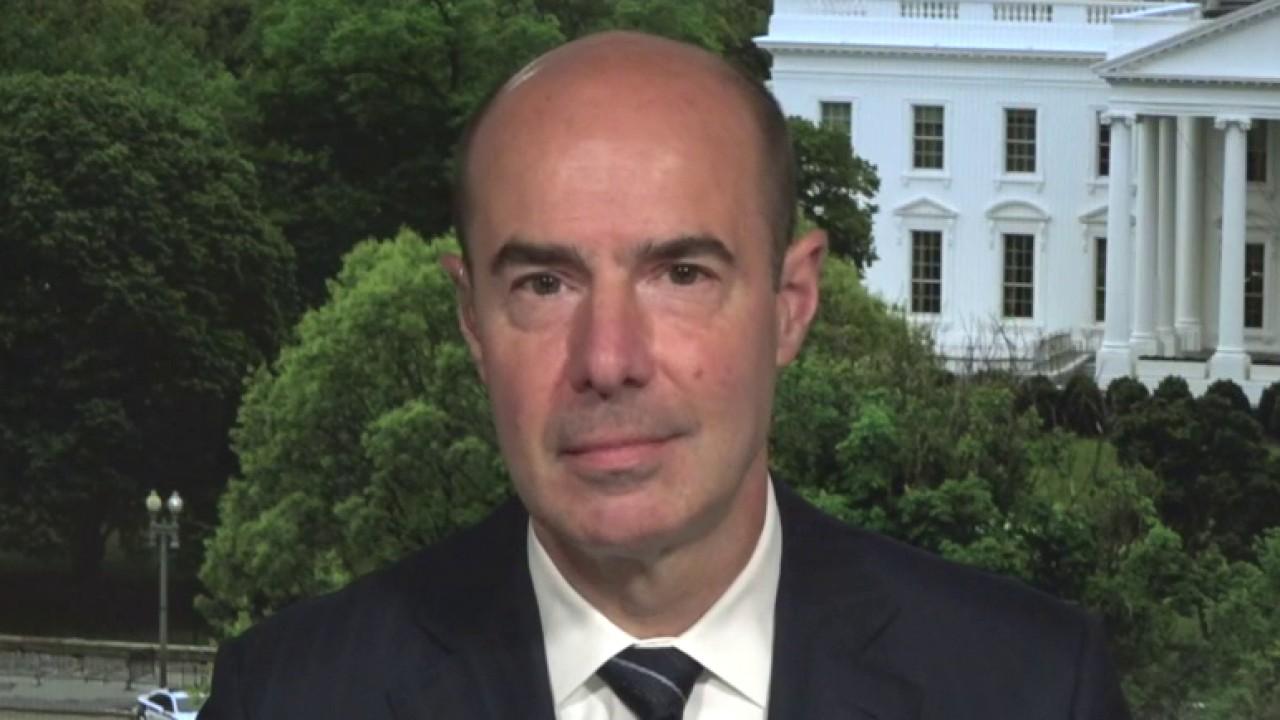3 ways your Social Security checks could be reduced by COVID-19
Understand how the crisis could reduce your future benefits so you can plan ahead and ensure you're as prepared as possible
Get all the latest news on coronavirus and more delivered daily to your inbox. Sign up here.
Tens of millions of Americans have been laid off or furloughed, investors have watched their portfolios take a tumble, and older workers have been forced to adjust their retirement plans. The coronavirus pandemic has taken a toll on society in many ways: not just from a health perspective, but financially as well.
Social Security recipients are at risk, too, particularly those who are still working and will be claiming benefits in the relatively near future. Many retirees head into their senior years expecting Social Security to help them make ends meet, but there are a few ways COVID-19 could reduce your future monthly checks.
CORONAVIRUS DRIVES RETIREES TO SPEND 'MUCH MORE' ON THIS EXPENSE THAN ANTICIPATED
1. There could be widespread benefit cuts
The Social Security Administration (SSA) is currently experiencing a cash shortage because the money that's coming in from payroll taxes isn't enough to cover the amount paid out in benefits. To avoid making cuts right now, the SSA has been dipping into its two trust funds to cover the deficit.
But those funds are expected to run dry by 2034, according to the SSA Board of Trustees' latest estimates. At that point, payroll taxes will only cover around 76% of projected benefits. Crucially, though, these estimates do not account for the effect COVID-19 could have on the trust funds.
CORONAVIRUS FORCING EARLY RETIREMENT? HERE ARE YOUR OPTIONS
The coronavirus could make matters worse by accelerating the speed at which the trust funds are depleted. Because so many people are out of work right now (and not generating payroll taxes), the SSA has to take more from the trust funds, so those funds could run dry even sooner than expected. In fact, they could potentially be depleted as soon as 2028, a recent study from the Bipartisan Policy Center found. So if you're nearing retirement age, you may not be able to rely on Social Security as much as you thought.
2. Your work history could result in smaller checks
Your benefit amount is calculated based on your income throughout your career. If you lose your job as a result of the pandemic and remain unemployed for a significant amount of time, that will affect your overall income and could also reduce your benefit amount.
Especially if you're in the midst of your peak earning years, losing your income now could have a significant effect on your future monthly checks. Furthermore, if you end up taking a lower-paying job just to pay the bills, that could also reduce your checks from what you would get had you been steadily employed and earning a higher income.
AMERICANS TAPPING RETIREMENT SAVINGS AFTER CORONAVIRUS-LED JOB LOSS, STUDY FINDS
3. Early retirement could reduce your benefits
If you lose your job later in life and can't find another one, you may be forced to retire earlier than you'd planned. Not only can this affect how much you're able to save for retirement, but it can also reduce how much you're entitled to receive in Social Security benefits.
To calculate your benefit amount, the SSA takes an average of your income during the 35 highest-earning years of your career. If you haven't worked a full 35 years, you'll have zeros added to your equation to account for the time you weren't working. Depending on just how early you retire, working fewer than 35 years could substantially reduce your monthly checks.
HOW CORONAVIRUS COULD DAMAGE SOCIAL SECURITY
Even if you have worked at least 35 years, retiring early could still potentially reduce your benefits because you're missing out on the chance to include some of your higher-earning years in your income average. Chances are you're earning more now than you were earlier, so if you were to work longer now, you could replace some of those lower-income years with more recent higher-income years. That would increase your earnings average as well as your benefit amount. When you retire early, though, you miss that opportunity.
The COVID-19 pandemic has changed the way we live, and it could affect your retirement. By understanding how the crisis could reduce your future Social Security benefits, you can plan ahead and ensure you're as prepared as possible.




















